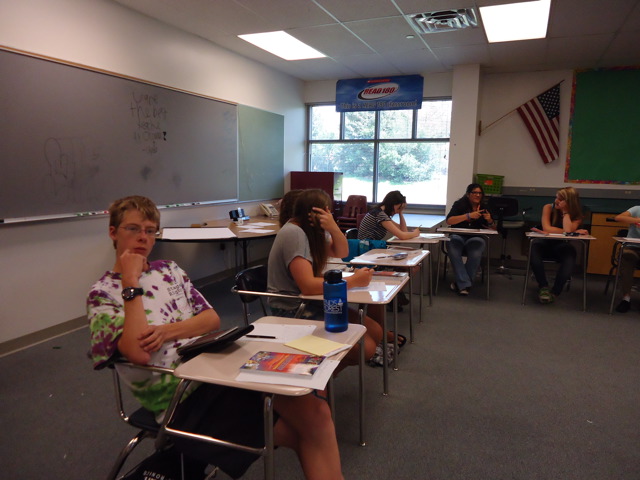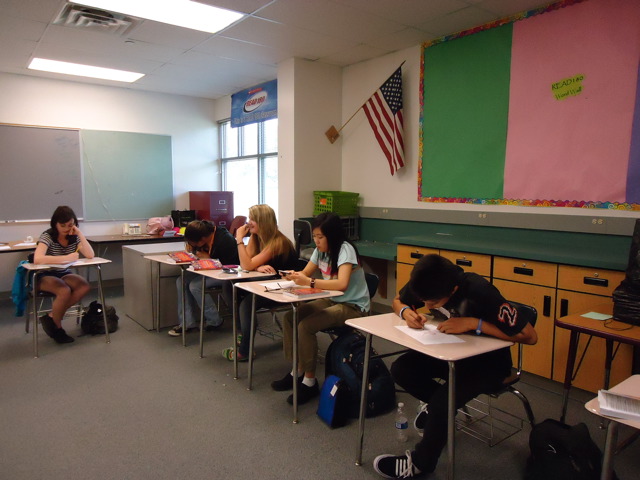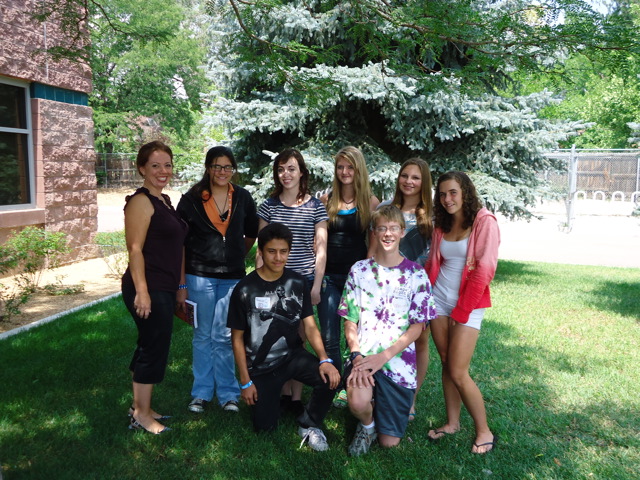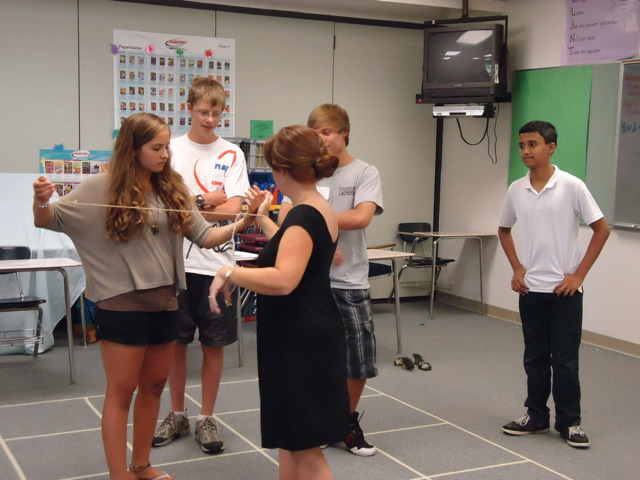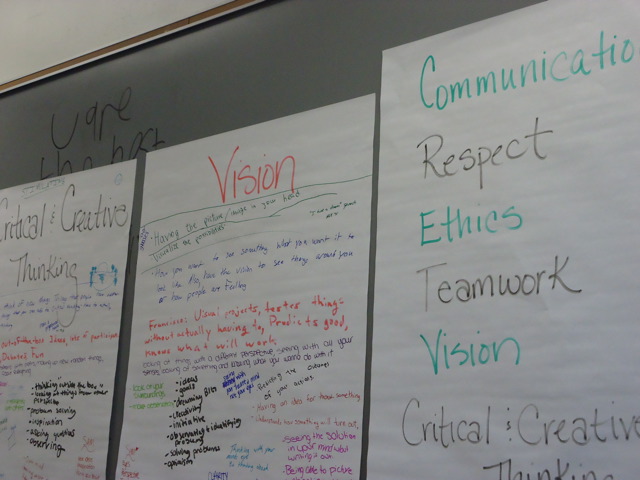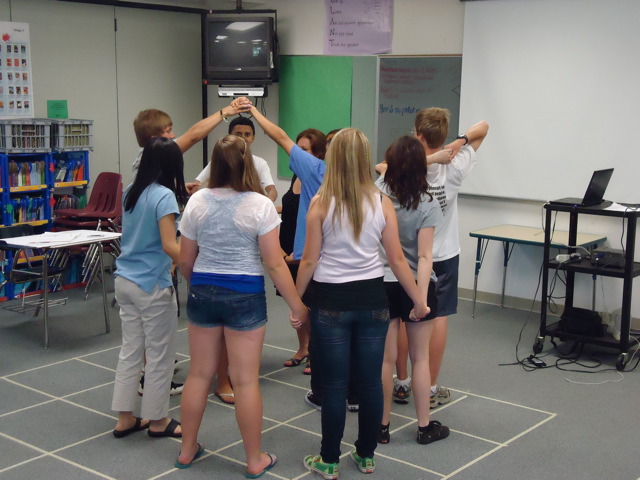
Achieving Student Engagement in the Digital Age
How will technology change the college-going experience over the next decade? Can the plugged-in generation harness their proclivity for technology in ways that their professors can understand? Can professors move from teaching and telling to coaching and facilitating? Can faculty across the disciplines understand enough about technology to give their students the reigns they need to craft and deliver their own interactive learning? Can students have the self-reflection, judgment, and personal discipline  to create the boundaries they need to aggregate and create the content from which they can learn? Can they resist the temptations to camp on Facebook or play video games to join on-line class discussions and make meaningful, thoughtful contributions to their fellow classmates while juggling reading and other self-paced class responsibilities?
Read the rest of this entry »












